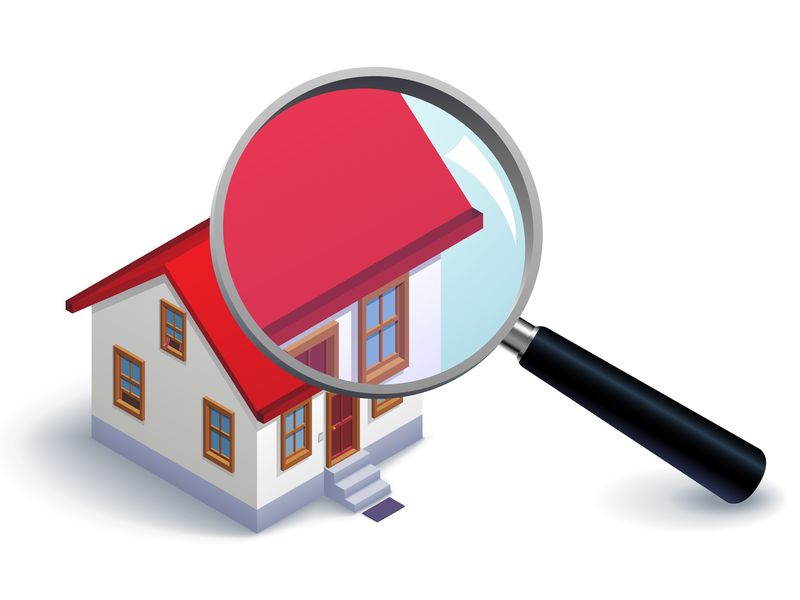Bob Aaron in Legal, Home Buying, Condo Buying
A squeaky wooden floor was at the centre of a recent decision by the Ontario Licence Appeal Tribunal that overruled the province’s Tarion Warranty Corporation on the matter.
In July, 2012, an unnamed homebuyer and his wife took possession of a new home which they purchased from Prospect Builders Ltd., of Richmond, Ont.
Whenever they walked on certain floor areas in the house, they noticed “squeaks and crackles” in the floors. The builder told them it would resolve in time. But it did not. In fact, it got worse.
The owners’ complaint was noted in their 30-day claim form submitted to Tarion, but it was denied on the basis that there was no evidence that the “minor isolated squeaking” was the result of a defect in materials or workmanship or a violation of Tarion’s construction performance guidelines.
Following the denial of their claim, the owners appealed to the Ontario Licence Appeal Tribunal, an impartial appeal panel created for consumers by the Ontario government. The tribunal’s task was to determine whether or not the home was constructed in a workmanlike manner, or with defects in materials.
Under Tarion’s own guidelines, some squeaking resulting from normal shrinkage of material is acceptable, but floors are required to be reasonably free from squeaks caused by movement in the floor system connections.
A prior appeal panel case ruled that “floors and stairs will squeak, wood will shrink and warp, cracks will appear and paint will peel. All that can be done is to keep these imperfections at reasonable levels.”
At a three-day hearing in May, four experts in floor installations and Ontario Building Code presented evidence on the suspected cause of the squeaky floors.
The experts disagreed on whether the noisy floors resulted from the lack of humidity control in the house, and whether the subfloors were the proper thickness, but ultimately the tribunal decided that there was no direct evidence of these two issues.
After viewing a video taken by the homeowner, panel chair Douglas Wallace ruled that the noise produced by the floor in the house exceeded the imperfections a new homeowner may reasonably be expected to tolerate. He ruled that the floors did not meet the standard of Tarion’s construction performance guidelines and they were therefore in breach of the statutory warranty provisions.
Evidence introduced at the hearing showed that the owners estimated the cost of repairing the floor at $25,000, but the panel chair was not convinced that it accurately reflected the amount of damages resulting from the breach of warranty.
Instead he ordered Tarion to repair or replace those areas of the floors that exhibit noise accompanied by movement in the underlying floor. The repairs are to be warranted for one year from the date of completion.
While the case may have turned out well in the end, it’s unfortunate that Tarion denied the claim in the first place. Homeowners shouldn’t have to go through a three-day hearing to ensure that their floors will not squeak.
Bob Aaron is Toronto real estate lawyer. His Title Page column appears on this blog, Move Smartly, and in The Toronto Star. You can follow Bob on Twitter @bobaaron2 and at his website aaron.ca Email Bob




